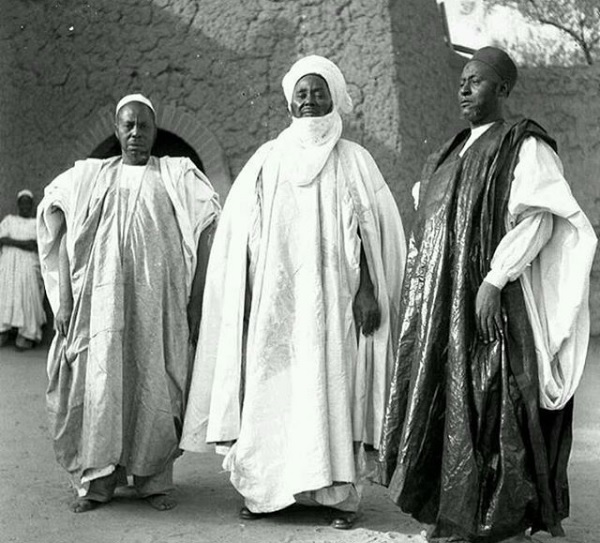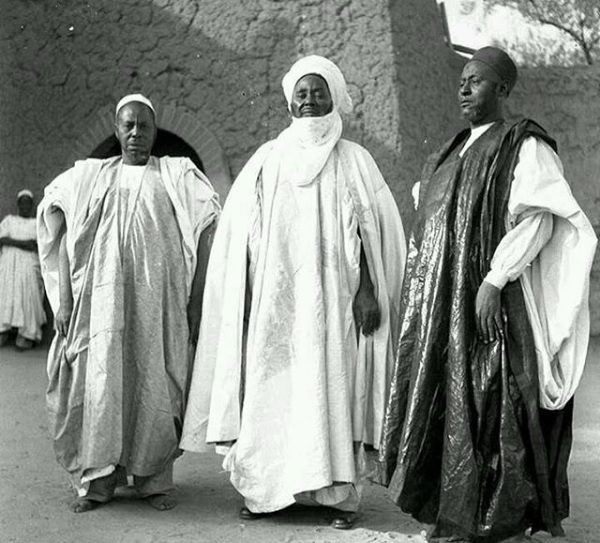Background
Bole is a language spoken in Yobe and Gombe States of northeastern Nigeria. About 250,000 to 300,000 people speak Bole, making it among the largest languages in the region, perhaps surpassed only by its linguistic cousin Hausa; the dominant language of all northern Nigeria and the sub-Saharan language with the most native speakers, and KANURI, the historically dominant language of northeastern Nigeria over the past few centuries. Bole is a member of the Chadic Language family. Along with Hausa, Bole is a member of the West Branch of Chadic, but Bole and Hausa are not particularly closely related; they probably do not share more than 30% cognates in basic vocabulary.
Origin of the Name
The source of the name “Bole” is uncertain. More so, it is not an indigenously adopted term. A suggestion is that the term comes from the Bole phrase, “Bo le?” which in the Bole dialect could means “Why?” (Literally, “Because-of what?”) Or “What language?” (Literally, “Mouth-of what?”). The word ‘bo’ can mean either ‘because’ or ‘mouth;’ and ‘le’ means ‘what?’ It, however, has not been an uncommon practice for a people or their language to get their “mainstream” name from a phrase that recurs in the language and that non-speakers hear and apply as an ethnic name without having any idea what it means.
Contentions in the name “Bole”
C.K. Meek in his book, Tribal Studies in Northern Nigeria, Volume 2 suggests that the word Bole “would seem to embody a root ‘bola’ which refers to ‘the male reproductive organ’, or just ‘male’. By implication, the ethnic name would imply and only stand for ‘The Men’. But further studies and analysis dismiss this claim, based on non-sequiturs such as noting that the Hausa word for the male reproductive organ is “bura” (a word without known cognates in other Chadic languages) and that there is a northern Nigerian ethnic group called the Bura.
Furthermore, it is noteworthy that the word ‘Bura’ has some form of similarity with the English “bear”, given that they both connote giving ‘giving birth’! While It is true that the autonyms for many African groups are “people” in the respective languages (though probably never “males” or “men”), but no African group identifies the word for “penis” with the word for “male, man”, much less “person” in general. Meek’s suggestion is also dismissible because it is a fact that “Bole” is NOT the autonym of the Bole people!
The Geo-Political Aspects of the Bole
The main Bole speaking area lies between Potiskum, the largest city of Yobe State and Gombe, the largest city and capital of Gombe State. The largest town in the actual Bole speaking area is Fika, located in the northern part of the Bole area. Fika is the traditional capital of the Bole people. The autonym of the Boles is Biya Pikka (People of Fika), and they call their language Bo Pikka (Language of Fika), and the paramount traditional Bole ruler is Moi Pikka (Emir of Fika). Fika was the home of the court of Moi Pikka until 1924 when the colonial administration moved his court to Potiskum, which is on the main east-west road. The court of Moi Pikka remains there, and in part because of this, a large Bole speaking population lives in Potiskum town. Potiskum is actually at the nexus of the Ngizim and Karekare areas.
The Bole: Their Neighbors and Closest Relatives
The linguistic neighbours of Bole on the north, west, and south are all Chadic languages of varying degrees of relatedness. Directly to the north and northwest is NGAMO, a close linguistic “sister” to Bole. A bit further to the north, in the area around Potiskum, are KAREKARE, a sort of “half-sister” and NGIZIM, a more distant “second cousin”. The area directly to the west is now mainly HAUSA-speaking, though there are or have been several poorly studied and perhaps now extinct linguistic sisters of Bole in this general area, such as Deno, Kubi, and Kirfi. To the south, in Gombe State is TANGALE, another “half-sister” of Bole, and to the southeast is TERA, a “third or fourth cousin” from the Biu-Mandara branch of Chadic. The area directly east of Bole was probably at one time occupied by speakers of other Biu-Mandara languages, but KANURI, which is not a Chadic language, has long since replaced them.
The Bole People have played a prominent role in the pre-colonial, colonial, and post-independence periods of Nigeria. The Emir of Fika (Moi Pikka), the paramount figure in the traditional Bole ruling hierarchy, has, for a long period, occupied one of the preeminent traditional royal positions of northern Nigeria.
Sources:
C.K. Meek in his book, Tribal Studies in Northern Nigeria, Volume 2, 1931, p. 288.
Aflang.humanities.ucla.edu
“Bole Language: Grammar, Dictionary, and Texts” (08/01/1999-07/31/2001, #BCS9905180, Russell G. Schuh, Principal Investigator)
“The Chadic Languages of Yobe State, Nigeria” (12/01/2001-11/30/2004 with no-cost extension to 11/30/2005, #BCS0111289, Russell G. Schuh, Principal Investigator, Alhaji Maina Gimba, In-Country Director)
Featured Image Source: @marygurams – Instagram


